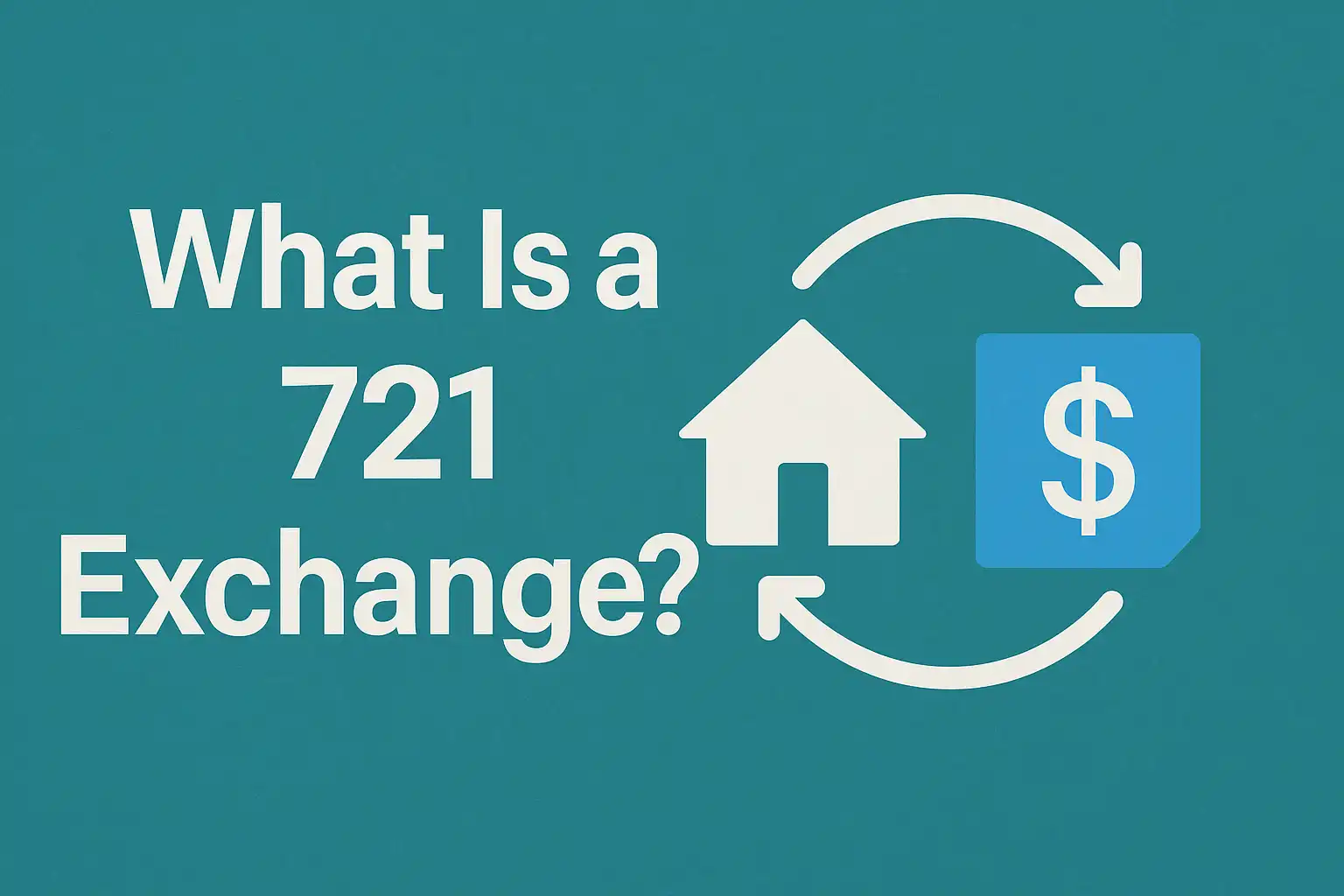
Real Estate Deeds Made Easy Since 1997 – Deeds.com
-

Arkansas Act 752 of 2025: New Identity Verification Requirements for Deed Recording
Arkansas will implement significant new security measures for deed recording with the passage of Act 752 of 2025, which takes effect on August 5, 2025. This landmark legislation introduces mandatory identity verification requirements for grantors presenting deeds for recording in…
-

Could Climate Change… Your Credit Score?
Since the 1980s, climate-related disasters have gradually ticked up. And the annual dollar cost of disaster losses and recovery has risen 1,580%. This statistic comes from First Street, a firm known for its analyses of climate risks to real estate.…
-

Dividing the Deed: Pennsylvania Follows New Jersey Into Partition Law Reforms
Pennsylvania deed holders who die without a will leave their homes to be passed on in court. In some cases, by the time someone in the family line resorts to the court system, heirs have scattered near and far. The…
-

Dane County, Wisconsin Event Helps Deed Holders Delete Racial Covenants
In June, a two-and-a-half-hour event took place at the Alliant Energy Center Exhibition Hall in Madison. The goal? To deal with harmful, racially motivated deed restrictions. Local leaders showed up — and led. Title professionals came to help deed holders…
-

First Phishing, Now Quishing… ALTA on the New Face of Deed Fraud
The DC-based American Land Title Association (ALTA) wants you to imagine a scenario that, one day soon, you could face. You’re a home buyer. You’ve talked with the lender a few times in the past, and know the company logo…
-

What Is a 721 Exchange—And Is It Worth Doing?
Numerous companies offer 721 exchange investment opportunities. One of the newer firms is Denver-based Flock Homes. The company sends proposals out to deed holders. Perhaps you’ve received one. Seniors who own investment properties are especially likely targets of these pitches.…
-

And “America’s Most Affordable Big City” Is…
In this beloved city, today’s typical deed holder needs a yearly income of $60K to live comfortably. Considering it’s a big city, this is a modest income. So this news is impressive. And so is the city itself. Frank Zappa…
-

Shakeup at Freddie and Fannie: Update
How is that shakeup going so far? When we last checked in on things, new director William Pulte was slashing jobs at the Federal Housing Finance Agency. That’s the umbrella agency for Fannie Mae and Freddie Mac. Additionally, Pulte claims…
-

Ohio Cancer Survivor Recovers Home After Quitclaim Fraud
A Dayton homeowner finally got her deed back. The title to Robin M’s home was swiped out from under her while she was undergoing cancer treatments two years ago. Last year, she proved that her property was taken from her…
-

“We Buy Ugly Houses” (And Other Ponzi Schemes)
We’ve all stumbled into bad deals at some point — but maybe not as painfully as Ronald. In 2017, a retired Texan named Ronald took some very questionable advice. It seemed like a good idea at the time. Ronald invested…
-

Deeds in Disarray: Untangling Titles Passed Down Informally
When homes are passed down without a will, legal ownership can become questionable. Claims to the title can tangle. This happens most often in households of modest income (many who couldn’t afford probate). Loss of the home title, of course,…
-

Connecticut Beats Down Zombie Mortgages
What if you survived the foreclosure crisis back in 2008…and all of the sudden, now, a bank turned up and told you it’s time to pay back the balance related to a second lien that you thought was written off,…














